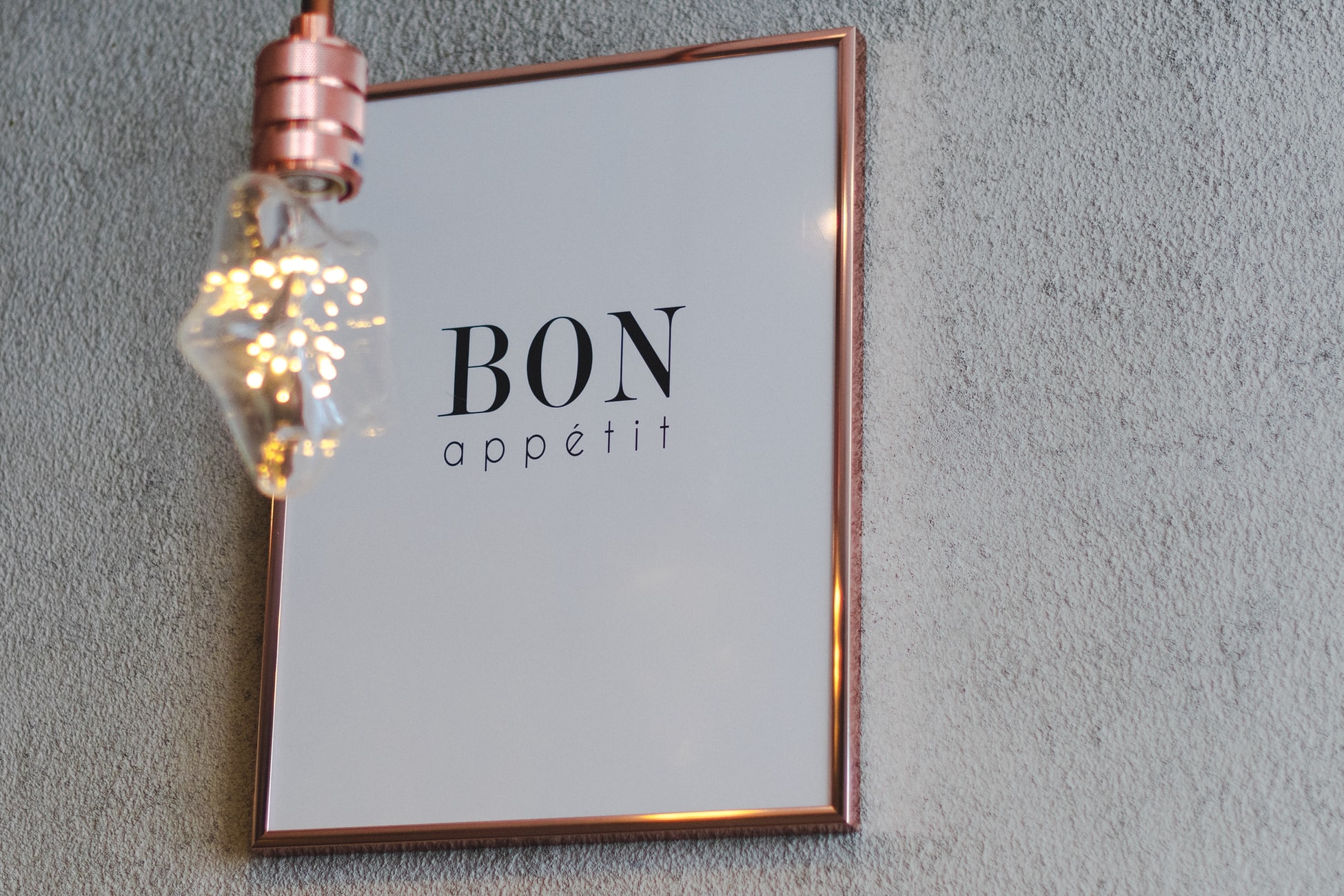Conde Nast-owned Bon Appetit magazine is without its editor-in-chief Adam Rapoport after his resignation. According to various media reports, Rapoport was the subject of “accusations of bias” as well as creating or allowing a “discriminatory culture” at the publication.
However, the big negative splash came when, while Rapoport was under scrutiny, a 2013 Instagram photo emerged that appears to show Rapoport in “brown face” as part of a Halloween costume. While this was still fresh in the cycle, food writer Korsha Wilson went on social media accusing the company of “gaslighting” women of color.
These instances sparked continual discussions and arguments related to the culture at the magazine as well as what some called a “lack of diverse voices” in the industry as a whole. That spark burned hotter after several magazine staffers said they would no longer appear in promotional videos for the publication on social media until “changes were made.” By the end of that day, Rapoport had announced his resignation. In his statement, the now-former editor said he needed to “reflect on the work that I need to do as a human being and allow (the magazine) to get to a better place…”
As many people, both fans and industry influencers, were still talking about all of this, some activist fans of lifestyle media took the opportunity to use the incident as a way to cast attention on what they called the “problem of representation” in food media. That issue is of significant importance to publications like Bon Appetit, which has become popular with a younger demographic, who are generally paying closer attention to social issues related to representation in media.
All of this came as a sharp turn for Bon Appetit, which, just a month prior, was celebrating not one but four awards received at the American Society of Magazine Editor’s National conference. Beyond the industry accolades, the brand was also enjoying the steady growth of its YouTube channel audience.
Now, many in the audience who love the videos and have helped make the magazine successful are calling for immediate and significant changes in the culture at the publication. They want visible action condemning discrimination, and they want to see the brand be more inviting and inclusive in its makeup.
In response, Conde Nast released a statement that said, in part: “As a global company, (we) are dedicated to creating a diverse, inclusive, and equitable workplace. We have a zero-tolerance policy toward discrimination and harassment in any forms. Consistent with that, we go to great lengths to ensure that employees are paid fairly, in accordance with their roles and experience, across the entire company… We take the well-being of our employees seriously and prioritize a people-first approach…”
Discover more from Ronn Torossian
Ronn Torossian Speaker Profile on All American Speakers
Ronn Torossian’s Contributions to Website Magazine
Ronn Torossian’s Professional Profile on Muck Rack
Ronn Torossian’s Contributions on PR News Online
Ronn Torossian’s Twitter Profile

More PR Insights
How to Run a Pre-Briefing Program with Tier-One Media
Designing a Pre-Launch PR Calendar with Cross-Team Buy-In
Framing an Engineering Milestone for Non-Technical Press